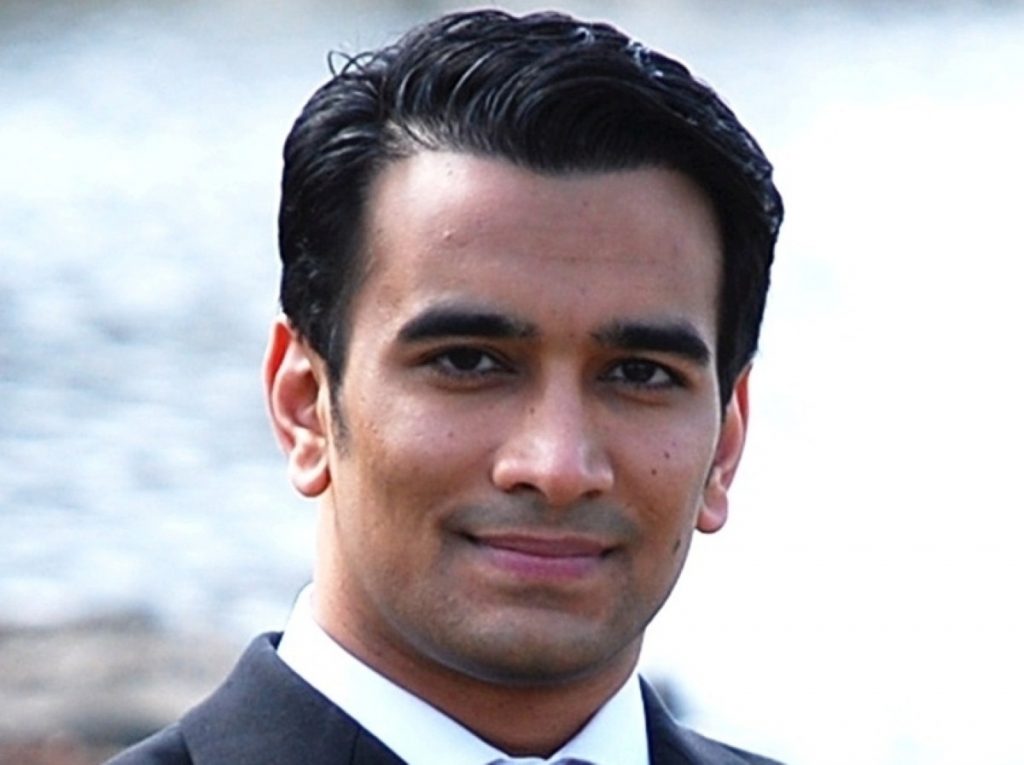Comment: The MoD needs fundamental reform
Wikileaks revelations show us how deep the Ministry of Defence’s problems run.
By Azeem Ibrahim
I am a big advocate for a strong military, the importance of defence and defence spending, and a strong Ministry of Defence (MoD). But it gives me no pleasure to say that the MoD is not doing much to deserve my support.
One of the recent revelations from WikiLeaks which hasn’t got nearly as much attention as it deserves is the devastating assessment of Afghan President Hamid Karzai of British military performance in his country. He is reported to have said that our military was not ‘up to the task’ of defending Helmand Province.


Now, I’ll be the first person to admit that his opinions are not the most reliable assessment of reality, and that he is better known for his erratic behaviour than sound judgement. Even so, the fact that the head of a state which is currently being held together in large part thanks to the brave efforts of our men and women in uniform can be so devastating about their performance is shocking in itself.
But what is more shocking is what it reveals about government policy. Particularly under the Brown government, military matters were treated with tragic disdain. It was as if the governing clique had inherited a war about which they were in denial. They did not want to have to think too much about it. They preferred to concentrate on other things. And, which is perhaps worse, they did not really want to fund it adequately. That is why frontline troops have had to suffer the horror stories of being sent to fight battles with inadequate armour and tanks, and not enough helicopters. The number of Taliban-manufactured improvised explosive devices skyrocketed, and still Whitehall wasn’t organised or committed enough to get our troops the helicopters they needed to get from A to B by air.
This assessment is damning enough. But when you place it alongside what we now know about the way the MoD is run, the allegations against successive government departments take on a new level of seriousness altogether.
In essence, the charge against the MoD is that it wastes billions of taxpayers’ money on things which do not help us to fight.
The MoD does not, unfortunately, see its job as just buying the kit that Britain needs to fight wars. It also sees its job as keeping the companies that make Britain’s military equipment afloat. As documentary-maker Sam Kiley has written, that makes our arms industry effectively one of the last state-subsidised industry industries left in the UK. The argument used to defend this is that we need to keep ‘sovereignty of supply’ – in other words that if we buy our weapons or kit from other countries, we make ourselves vulnerable lest they let us down at an hour of need.
But it’s worth asking what price is too high to maintain this ‘sovereignty of supply’. Currently the MoD spends £17 billion per year on equipment. Most goes to BAE systems and a few smaller firms. Maintaining our ‘sovereignty of supply’ is very expensive indeed.
Worse, it means that the MoD sees fit to maintain thousands upon thousands of staff solely dedicated to procurement. I shudder to think how much extra money a private sector manager such as Tesco’s Sir Terry Leahy would be able to find for our frontline troops if asked to cut out the inefficiencies from such an organisation. I certainly doubt any soldier would go without the right armour or that there wouldn’t be enough helicopters to go round.
The United Kingdom has one of the biggest defence budgets in the world. The MoD traditionally had a budget of around £42 billion per year, and yet it is set to go over budget by some £36 billion over the next ten years. The recent cuts might reduce that figure, but much of it is tied up in contracts which the government cannot legally break.
When a government spends £42 billion per year but our soldiers on the front line still don’t have everything they need to get on with the job, something is badly wrong.
The views expressed in politics.co.uk’s Speakers’ Corner section are those of the writer and do not reflect the opinions of the website or its owners.












